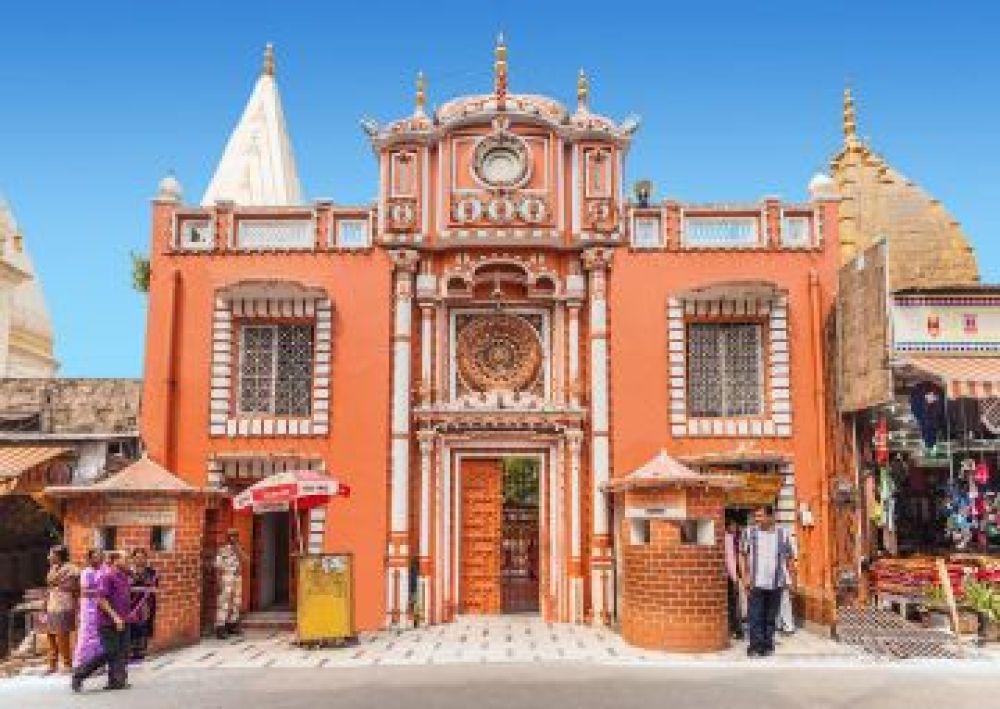

Nestled in the Shiwalik belt of the Himalayas, Patnitop sits at an altitude of 2024 meters with beautiful meadows and panoramic views of the snow-covered peaks. The history of tourism in Patnitop is intrinsically linked to the natural beauty and the serene environment that this place offers.
The area now known as Padora Enclave in Patnitop was originally a secluded and untouched land. Due to its high altitude and difficult terrain, it was only accessible to the nomadic tribes and locals who lived in the surrounding regions.
The onset of British colonialism in India brought with it the discovery and development of several hill stations throughout the country, known for their salubrious climate and natural beauty. However, it was not until the later years of the British rule that Patnitop began to gain attention as a potential summer retreat.
After India's independence in 1947, there was a renewed interest in exploring and investing in the natural beauty of Kashmir. Patnitop, with its lush meadows, dense woods, and picturesque landscapes, started gaining significance as a tourist spot.
The Padora Enclave emerged as a focal point for visitors in Patnitop. It was identified as an area where tourism infrastructure could be developed, without adversely affecting the pristine environment of the region. With the active participation of the Jammu & Kashmir Tourism Department, Padora Enclave began to see the development of various tourist amenities including hotels, resorts, and recreational facilities.
Today, Padora Enclave is a blend of nature's tranquility and modern tourism facilities. It remains a favorite destination for those looking to escape the city's bustle. Eco-tourism has been on the rise, with a focus on preserving the natural beauty and promoting sustainable tourism practices. Adventure tourism is also gaining popularity, with activities like paragliding, trekking, and skiing during the winter months.
Improved road connectivity, along with the construction of the Chenani-Nashri Tunnel, has significantly reduced the travel time from Jammu to Patnitop, making Padora Enclave more accessible to tourists. This has also contributed to a steady increase in visitor numbers each year.
Over the years, Patnitop and the Padora Enclave, in particular, has seen an increasing number of domestic tourists, especially from neighboring states. The region has also begun to attract international tourists who come to experience its serene beauty and engaging activities.
The future of tourism in Padora Enclave looks promising. With a focus on enhancing the visitor experience while maintaining ecological balance, sustainable tourism is expected to continue growing. The local government is also looking at ways to promote year-round tourism by diversifying the range of activities and experiences offered to visitors.